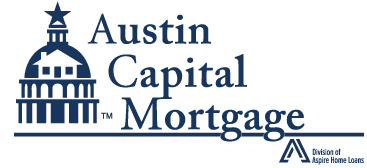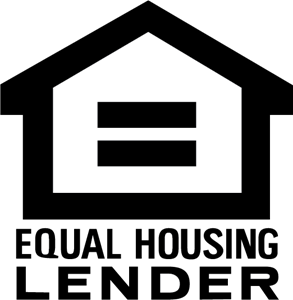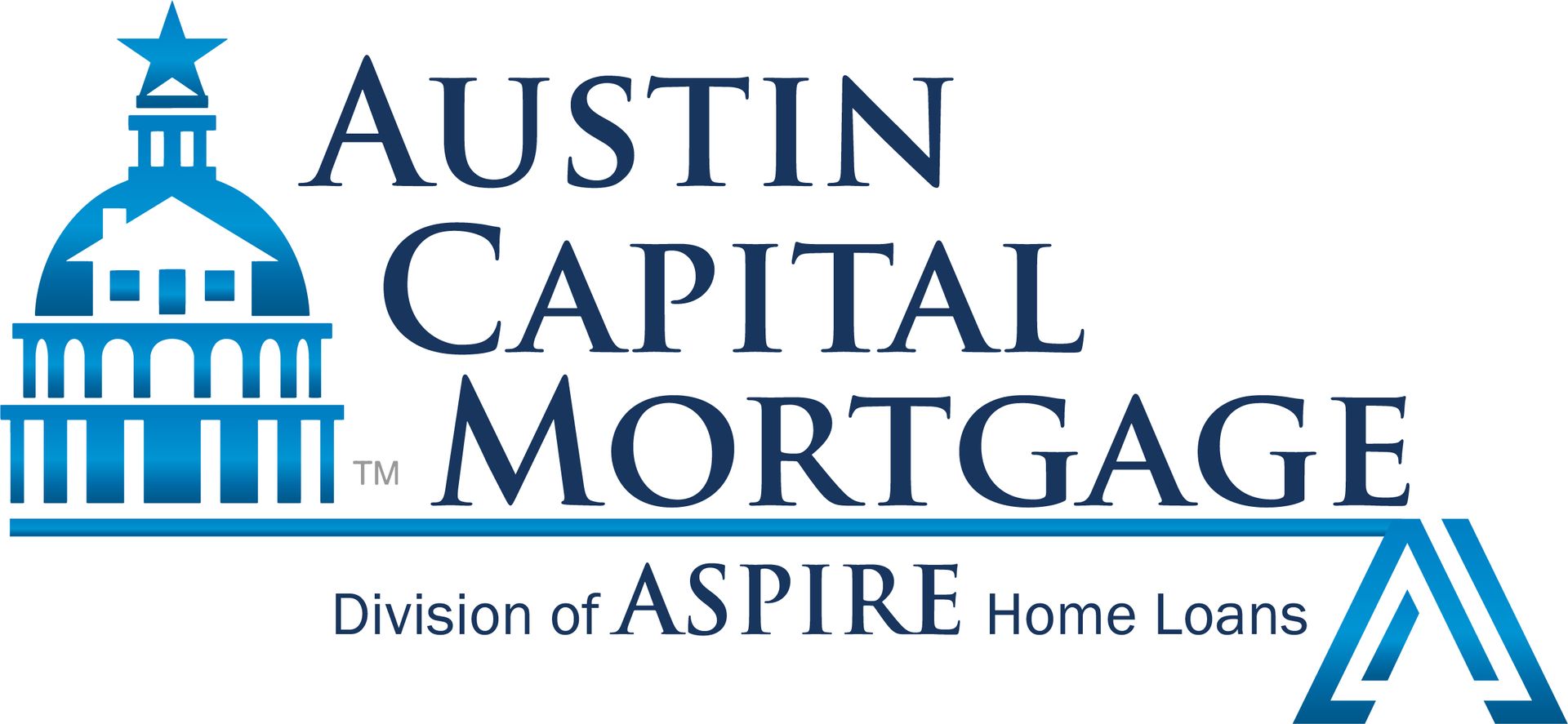Understanding Mortgage Closing Costs: What You Need to Know
Josh Neimark
Closing costs are an important part of the home buying process, but they can be confusing and overwhelming for many borrowers. In this article, we'll take a closer look at what closing costs are, what they typically include, and what you need to know before you buy a home.
What Are Closing Costs?
Closing costs are fees and charges associated with buying a home that are due at the time of closing. These costs can vary depending on a number of factors, such as the location of the property, the type of loan you're getting, and the lender you're working with.
What Do Closing Costs Typically Include?
Closing costs can include a range of fees and charges, such as:
- Loan origination fees
- Appraisal fees
- Credit report fees
- Title search and insurance fees
- Survey fees
- Property taxes
- Homeowners insurance
- Escrow fees
It's important to review your loan estimate and closing disclosure carefully to understand exactly what fees you'll be responsible for paying.
How Can You Minimize Closing Costs?
While closing costs can add up quickly, there are a few things you can do to minimize them:
- Shop around for lenders: Different lenders may offer different rates and fees, so it's important to compare your options.
- Negotiate with the seller: Depending on the market, you may be able to negotiate with the seller to have them pay some or all of the closing costs.
- Consider a no-closing-cost mortgage: Some lenders offer mortgages with no upfront closing costs, but be aware that you may end up paying higher interest rates over the life of the loan.
Conclusion
Closing costs are an important part of the home buying process, but they can be overwhelming for many borrowers. By understanding what closing costs are, what they typically include, and how to minimize them, you can be better prepared to navigate the home buying process and make a smart financial decision.


Austin Capital Mortgage
Serving Families Since 1996
We combine ethical lending practices, personalized service, and innovative solutions to redefine what it means to be a mortgage lender.
Contact Information
Phone
+1 512 891 0778
Email
loans@austincapitalmortgage.com
Address
3801 N Capital of Texas Hwy J-180, Austin, TX 78746, USA

2023 Austin Capital Mortgage, a division of Aspire Home Loan | All Rights Reserved | Member FDIC | NMLS 1955132 | Privacy Policy
“CONSUMERS WISHING TO FILE A COMPLAINT AGAINST A COMPANY OR A RESIDENTIAL MORTGAGE LOAN ORIGINATOR SHOULD COMPLETE AND SEND A COMPLAINT FORM TO THE TEXAS DEPARTMENT OF SAVINGS AND MORTGAGE LENDING, 2601 NORTH LAMAR, SUITE 201, AUSTIN, TEXAS 78705. COMPLAINT FORMS AND INSTRUCTIONS MAY BE OBTAINED FROM THE DEPARTMENT’S WEBSITE AT WWW.SML.TEXAS.GOV. A TOLL-FREE CONSUMER HOTLINE IS AVAILABLE AT 1-877-276-5550. THE DEPARTMENT MAINTAINS A RECOVERY FUND TO MAKE PAYMENTS OF CERTAIN ACTUAL OUT OF POCKET DAMAGES SUSTAINED BY BORROWERS CAUSED BY ACTS OF LICENSED RESIDENTIAL MORTGAGE LOAN ORIGINATORS. A WRITTEN APPLICATION FOR REIMBURSEMENT FROM THE RECOVERY FUND MUST BE FILED WITH AND INVESTIGATED BY THE DEPARTMENT PRIOR TO THE PAYMENT OF A CLAIM. FOR MORE INFORMATION ABOUT THE RECOVERY FUND, PLEASE CONSULT THE DEPARTMENT’S WEBSITE AT WWW.SML.TEXAS.GOV

